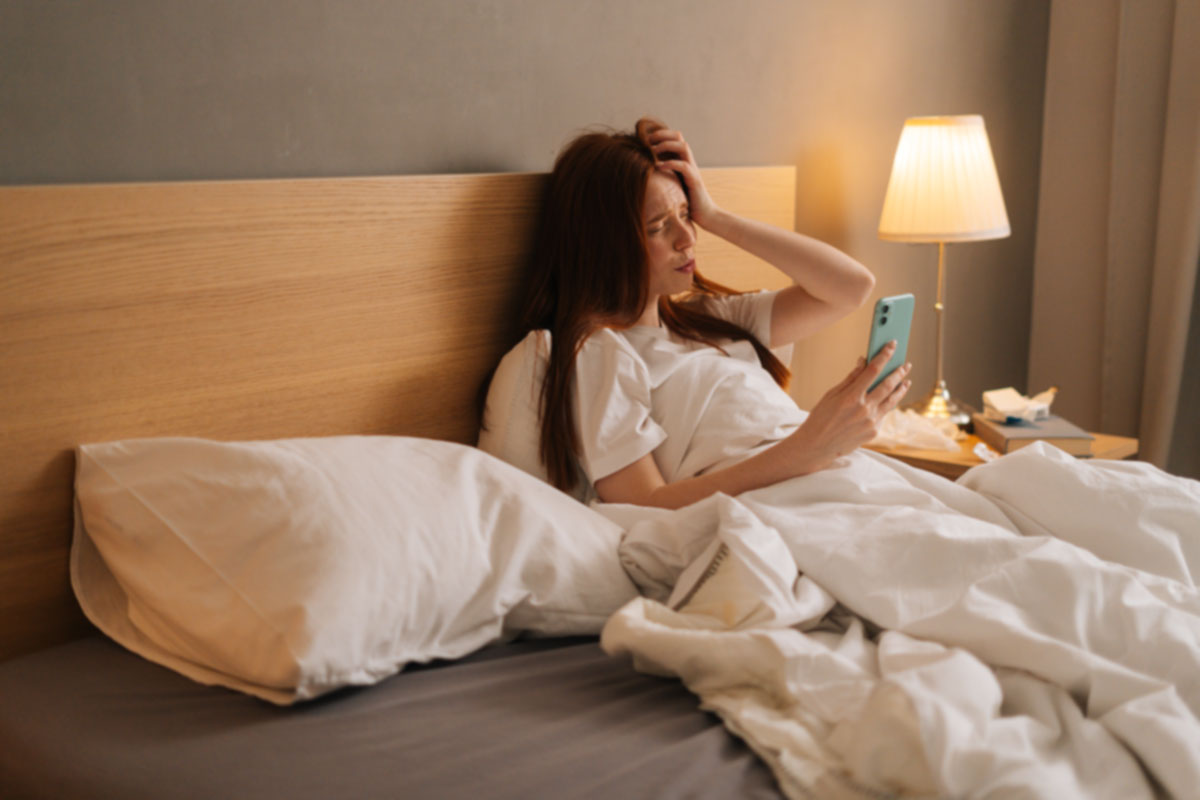Is It Safe to Take Melatonin Every Night? What the Research Says
Posted by Vitasunn on 4 Jun 2025
Can you take melatonin every night?
Melatonin is generally safe for short-term use, and some people may benefit from nightly supplementation for a limited period. However, the long-term effects of taking melatonin every night are still being studied. It’s best to use the lowest effective dose and consult a healthcare provider if you plan to take it regularly.
Melatonin is widely used as a natural sleep aid, but many people wonder: is it okay to take it every night? Whether you’re dealing with occasional insomnia, jet lag, or sleep schedule disruptions, it’s important to understand how melatonin affects the body and what the research says about long-term use.
How Melatonin Works
Melatonin is a hormone produced by the pineal gland in response to darkness. It helps regulate the body’s circadian rhythm—the internal clock that controls your sleep-wake cycle. Supplementing with melatonin can help shift that rhythm when it’s out of sync, such as after travel, during stressful periods, or due to late-night screen exposure.
When taken occasionally, melatonin can support healthy sleep patterns without causing dependence. But what about daily use?

Is It Safe to Take Melatonin Every Night?
Clinical evidence suggests that melatonin is safe for most adults when taken nightly in low doses for short periods. In fact, melatonin is used as a long-term treatment in some pediatric and neurological cases under medical supervision.
A 2022 review published in Frontiers in Endocrinology concluded that melatonin has a high safety profile, even with long-term use in certain populations, though more research is needed for the general population.
Source: Frontiers in Endocrinology – Long-Term Safety of Melatonin
That said, there are a few key guidelines to follow:
- Stick to low doses (0.5–3mg) unless advised otherwise
- Avoid high doses unless treating a specific condition under supervision
- Take melatonin at the same time each night for consistency
- Use melatonin as a tool—not a permanent crutch
When Nightly Use Makes Sense
Some people may benefit from regular melatonin use in specific situations:
- Shift workers who sleep during daylight hours
- Older adults with naturally declining melatonin levels
- People with circadian rhythm disorders, such as delayed sleep phase syndrome
- Individuals experiencing extended periods of stress-related sleep issues
Research in the Journal of Pineal Research supports the safe use of melatonin in these contexts, especially when used in low, physiologic doses that mimic natural hormone levels.
Source: Journal of Pineal Research – Melatonin in Clinical Practice
When to Take a Break from Melatonin
Even with a strong safety record, melatonin is not meant to replace good sleep habits or be used indefinitely without reason. If you’re relying on it every night, consider whether there are underlying lifestyle or environmental issues that could be addressed instead.
Signs you might need to take a break or consult a provider:
- You feel groggy or dependent on melatonin to fall asleep
- You’ve been taking it nightly for more than 2–3 months without improvement
- Your sleep issues persist despite using melatonin
A randomized trial published in Sleep Health found that melatonin’s effectiveness may diminish over time if not used strategically. Taking breaks or cycling usage can help prevent this.
Source: Sleep Health Journal – Melatonin Use Patterns
Melatonin can be taken every night for short periods and even longer in some cases—but it should be used thoughtfully and not as a substitute for addressing deeper sleep challenges. Start with the lowest effective dose, follow a consistent schedule, and consult a healthcare provider if you plan to use melatonin long-term.
Explore safe, low-dose melatonin options at Vitasunn Nutritionals, including fast-dissolve tablets, time-release capsules, and gummies designed for gentle, effective sleep support.
